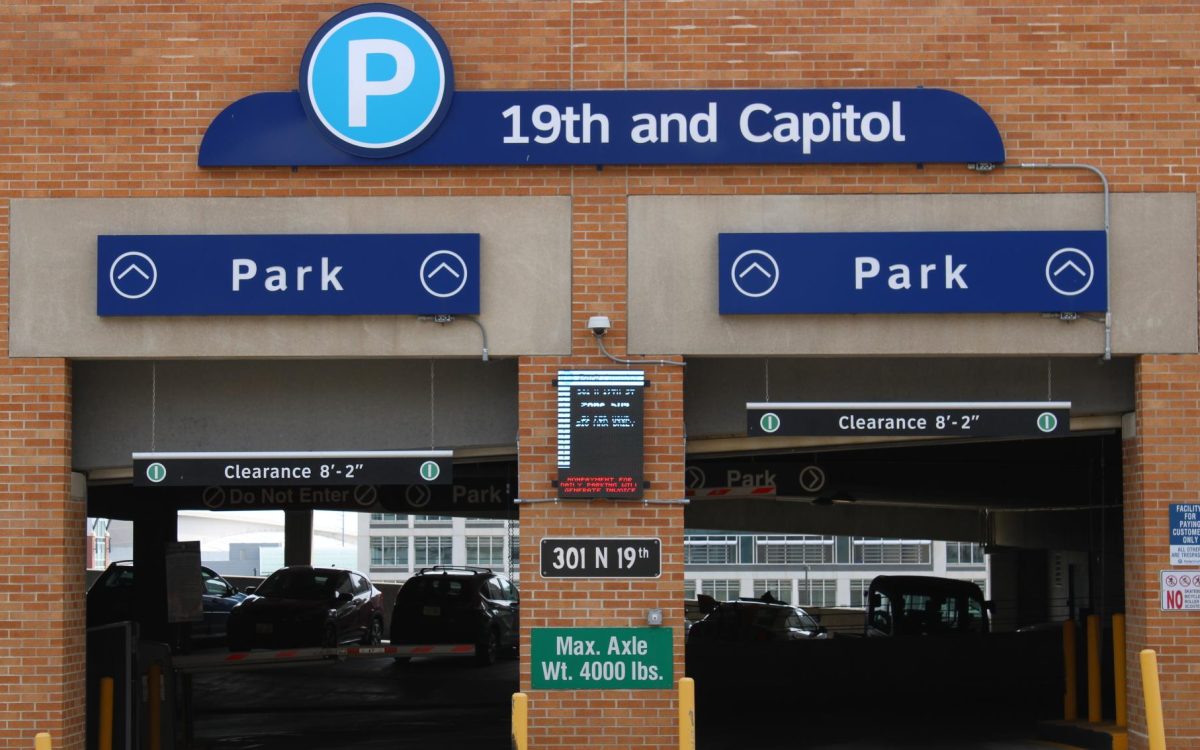Bipartisanship not the missing or needed
February 15, 2019
Something is missing from American politics. Something so vitally important that its absence makes the prospect of meaningful progress seem far-fetched. This sentiment, if little else, unites the country, with 75 percent of Americans holding unfavorable views of congress. So, what is it? What’s missing? For many people, the answer seems obvious, even to the point of triviality: bipartisanship. Clearly, they say, if politicians would just get along with one another and compromise on real solutions, instead of bickering, we would all be better off. Wouldn’t it be great if there was bipartisanship in congress?
But here’s the thing: there already is, and things decidedly still aren’t great. In many cases, in fact, bipartisanship is not only not the solution, but the problem itself.
Take, for instance, the issue of military funding. Only a third of Americans feel that our military needs more funding. Yet, in July of last year, 40 out of 48 democratic Senators voted with Republicans to increase the budget to $717 billion. The bill called for an annual hike of around $80 billion, or in other words, enough to make tuition to all public colleges free and still have billions of dollars left over. But, unlike free tuition, this bill, the “John S. McCain National Defense Authorization Act,” sparked no debate about how we would pay for it. The media didn’t denounce it as radical. It was simply par for the course. The party that had been so vocally adamant about fiscal conservatism voted to sink the country further in debt, while the party supposedly dedicated to resisting Trump and curbing militarism voted to expand the US military egregiously.
It was bipartisanship perfectly exemplified: both parties, save for a few dissidents, putting aside their differences and coming together to get things done. Useless, inhumane things that benefit only defense contractors.
It’s not only the military budget that receives broad bipartisan support. Dedication to Israel, even to the point of banning participation in boycotts (a clear infringement of the first amendment) is widely supported by politicians of both parties. And, although there is clearly disagreement over healthcare, the spectrum of debate is still mostly confined to a narrow set of ideas. 70 percent of Americans support Medicare for all, including 52 percent of Republicans. By all means, this should be treated as a moderate idea. Yet, it is still treated as a fringe left wing idea by congressmen, something for radicals to fantasize about while moderates and true believers in bipartisanship forge a compromise friendlier to insurance companies.
This is, of course, not to say that Democrats and Republicans are the same or somehow equally bad. The parties disagree on numerous issues across the board and in ways that have tangible effects on the lives of their constituents, but it’s the areas they don’t disagree on that are the problem. The country isn’t improved by congressional bipartisan support for corporate interest. Politicians coming together to support a status quo of exploitation and institutional racism is not the missing impetus needed to move America forward, but the sinister, lingering legacy that allows only for descent or stagnancy. What’s missing is a political culture in which new ideas and meaningful solutions are discussed with the urgency they merit while old policies and traditions of governance are critically challenged.




















